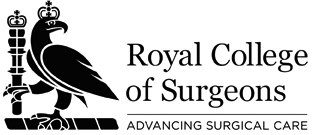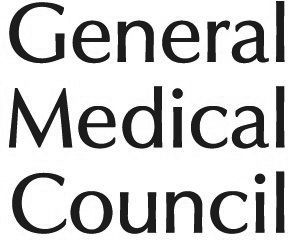Mr Jonathan Ramsay, Urologist
Mr Jonathan Ramsay
Urologist
Mr Jonathan Ramsay MB, MS, FRCS(urol)
Urologist
Mr Jonathan Ramsay
Urologist MB, MS, FRCS(urol)

Areas of expertise
- Male infertility and surgical sperm retrieval
- Fine needle testicular mapping
- Advanced investigation and treatment of male factor infertility
- Preliminary investigation of men considering conception naturally or via IVF


About Mr Jonathan Ramsay
GMC number: 2404259
Year qualified: 1977
Place of primary qualification: University of London
Mr Jonathan Ramsay has been a Consultant Urologist at Hammersmith, Charing Cross and Chelsea & Westminster Hospitals for three decades. He is also the clinical director of The Andrology Unit at Hammersmith which is a male factor diagnostic unit specialising in sperm cryopreservation. He specialises in male fertility treatment and vasectomy reversal. His areas of clinical interest include azoospermia, oligospermia, abnormalities of the male genital tract and unexplained infertility. He also has expertise in fine-needle aspiration (FNA) mapping techniques, used prior to standard micro-surgical sperm retrieval. His surgical expertise allows the retrieval of sperm using modern techniques to obtain sperm without ejaculation. This can be used as an alternative to, or in conjunction with, corrective surgery to maximise the chances of a successful pregnancy.
Mr Ramsay’s current research interests include the relevance of reactive oxygen species in seminal plasma and the role of infection and of antioxidant treatments.
Areas of expertise
- Advanced investigation and treatment of male factor infertility, especially in couples who have not succeeded with IVF and ICSI
- Male infertility and surgical sperm retrieval
- Fine needle testicular mapping
- Preliminary investigation of men considering conception naturally or via IVF
- Investigation of unexplained infertility and male infertility associated with miscarriage
Frequently asked questions
What are the common symptoms that your patients tend to present with?
The majority of the patients that I see have problems either with natural conception or, more commonly, have failed cycles of IVF with or without ICSI. They usually have not been investigated and the purpose of their visit to me is to have more thorough investigations to try to find the cause of the male factor infertility.
Specifically, I have an interest in what has been called unexplained male infertility because, in my experience, it is usually possible to explain it.
What are the treatments that you're able to offer your patients?
First, and most importantly, we need to diagnose the cause of male infertility because, without having some idea of the cause, no treatments are possible.
As a side issue, I am always mindful that most of the couples have been on a very taxing emotional and physical journey and one actually needs to look after them and be sympathetic to all of their needs and to try to fit any treatment to their objectives rather than merely following my own objectives.
The first line of treatments that we offer are to treat any infections that may be present. These are sometimes only discovered by sophisticated tests.
Secondly, we look at the hormonal background to sperm production. It's often possible to manipulate this with good effect.
Thirdly, we explore if there is any specific lifestyle factor that can be changed because there often is, with special attention to nutrition and weight loss. Fourthly, we want to look for physical things that may be adverse to sperm production, particularly varicocele. Varicoceles are usually treated by embolization of surgery.
Finally, we need to investigate the sperm quality using more advanced techniques, looking specifically at the quality of the DNA in the sperm. We have various strategies to improve this, which includes treating infections, treating varicocele, changing the lifestyle and, most recently, we have been looking to see whether the sperm in the testicle is of better quality than in the ejaculate, and there may well be a role for the use of this testicular sperm of better quality in subsequent cycles of IVF and ICSI.
What are your areas of sub-specialist interest?
I'm passionate about the need to make a diagnosis when there seems to be male factor infertility. This is a subject that has been largely ignored both in primary and secondary care because the overarching response to infertility in a couple has been to recommend IVF, whether this be funded by the state or by individual couples.
However, we now recognize that at least 50% of the causes of couple infertility may relate to the male and, therefore, my role is to do extensive investigation, so that we can reach a conclusion about the likely cause of the infertility, and then to treat this.
These treatments include medical treatments, may include surgical treatments and, following significant changes to lifestyle, may also include a resort to finding sperm of better quality from the testicle itself. This, of course, is only done in extreme cases.
Overall, if one takes this approach to male fertility, we make progress in 50% or 60% of cases.
Professional memberships















